Letter, The (1940)
“This letter places an entirely different complexion on the whole case.”
|
Synopsis: |
|
Genres, Themes, Actors, and Directors:
Response to Peary’s Review: However, Peary accurately points out that “perhaps the most interesting character is Stephenson, who despises Davis yet commits a crime for her… that could ruin his career”. Peary argues that “obviously, [Stephenson] finds himself intrigued by [Davis’s] wicked nature because that’s what makes her special and excitingly different from his conventional wife”; however, it’s equally plausible that Stephenson merely feels loyalty to his long-time friends, and dedicated to carrying out his promise of acquittal. Character motivations aside, the film itself remains a wonderfully produced and directed piece of exotic noir. As Peary writes, “Wyler’s direction is moody” (I would use the word “atmospheric” instead), and “there are long passages in which dialogue is sparse or nonexistent and the erotic tension is built through Max Steiner’s music, shadows, sounds (wind, wind chimes), the moon floating through the clouds, character movements and expressions”; Tony Gaudio’s stark cinematography contributes as well to the film’s sense of mystery and menace. However, while Peary argues that “the worst aspect of the film is the embarrassingly invidious portrayal of the non-white characters, which almost justifies the colonialists’ matter-of-fact racism”, I can’t really agree with this assessment. True, it would have been better to cast an Asian (or Eurasian) actress in Sondergaard’s role: … but her performance as a bitter woman grieving her murdered husband isn’t particularly offensive (I don’t blame her for feeling vindictive!); and Victor Sen Yung’s portrayal as her deceptively obsequious courier is far from dumb or demeaning, instead effectively demonstrating alternate forms of power played out by savvy non-Europeans in a neo-colonial arena. Redeeming Qualities and Moments:
Must See? Categories
Links: |
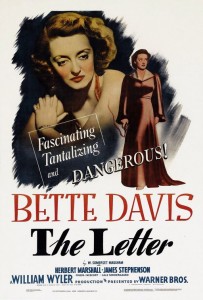
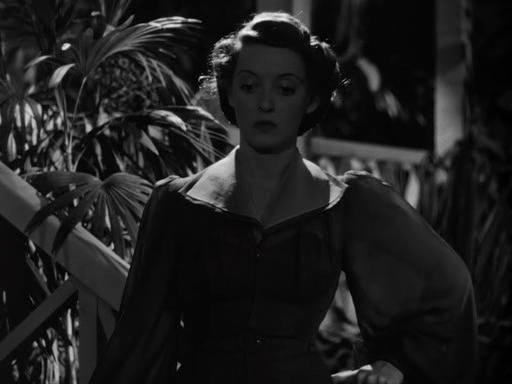
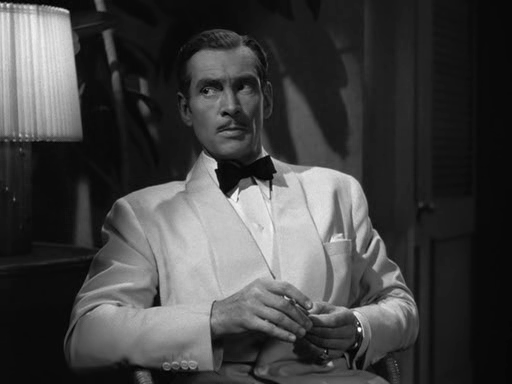
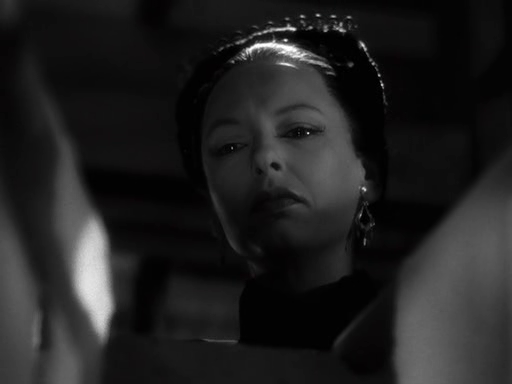
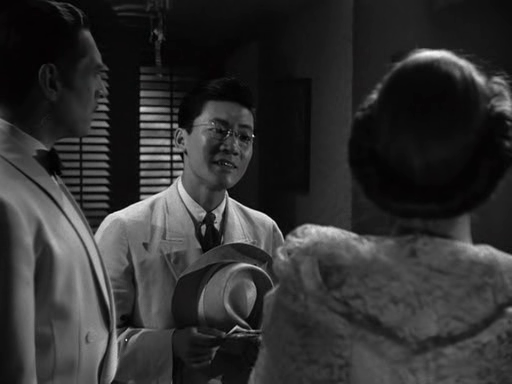
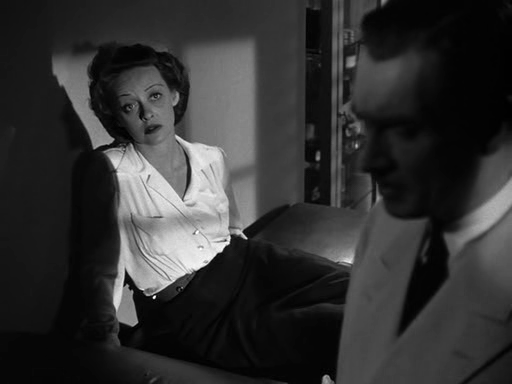
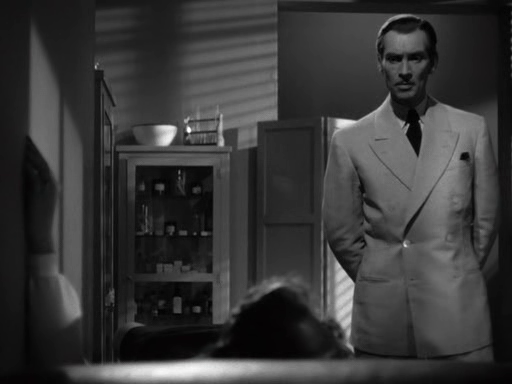
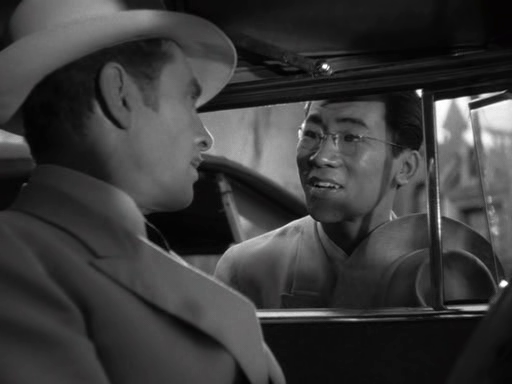
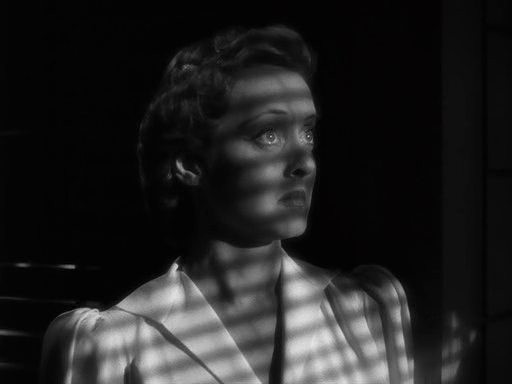
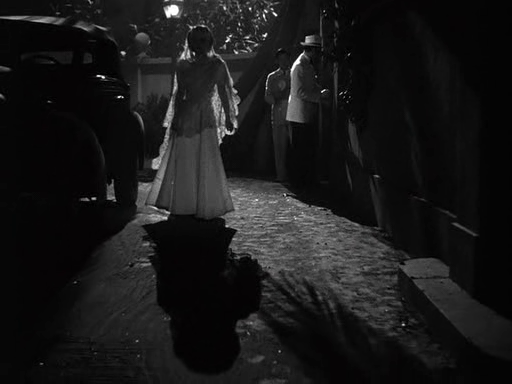
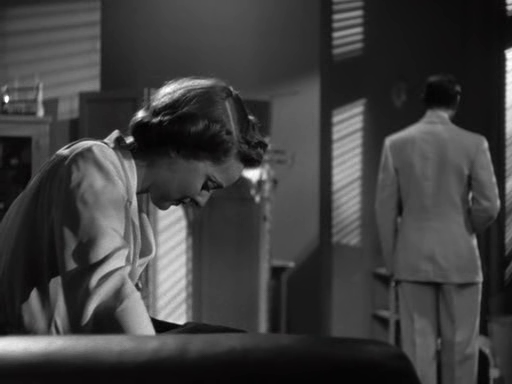
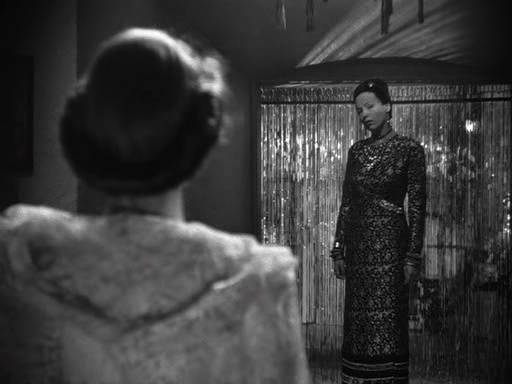
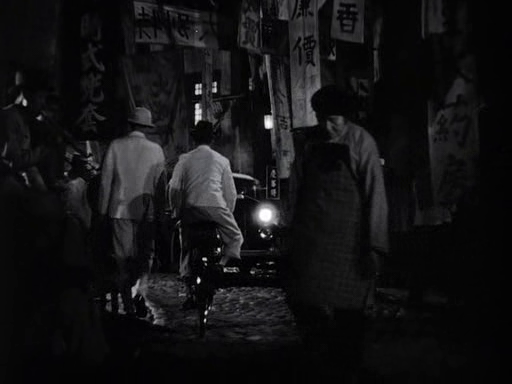
2 thoughts on “Letter, The (1940)”
A no-brainer must! A perfectly realized film which demonstrates why the decade of the 1940s is (arguably) as good as it gets!
This film never fails to pull me in and keep me there. There’s no fat on this film. It has a simple plot and it plows through it with impressive economy. In some ways, it’s akin to a horror story: a tale of lust gone very wrong. (As we realize, it is lust, and not love, that is the driving force here.)
During this watch, it came to me that Davis’ character is fundamentally similar to Mary Astor’s in ‘The Maltese Falcon’…in the sense that we spend our time watching women who just cannot stop lying. (It would be too easy to label this story the product of misogyny, but I don’t read it that way. Some people really are just chronic liars.) There is a significant difference in the two roles, however. We learn precious little about Astor’s character in ‘TMF’, so she comes off more like a cartoon figure. Conversely, we learn much more about Davis’ Leslie. We learn, for example, that – as long as things are going her way – she can cover her duplicity rather well and seem normal. At the same time, Leslie is a deep well, of sorts. So, if and when pushed, she will be that much more of a force to reckon with: i.e., she keeps shooting her ex-lover until she runs out of bullets and, apparently, keeps trying even then; that’s an intense hatred as a result of ‘betrayal’.
‘The Letter’ is proof once again that a great film will, first and foremost, have a great script. Howard Koch’s screenplay from Maugham’s short story is impeccable. Wyler’s direction of it is flawless. From the cast, we get across-the-board Master Class acting. Davis, in her prime, is riveting from start to finish – but all the more effective because she has such strong support from her supporting cast. ~not the least of whom is Stephenson (who, sadly, died the following year at only age 52). The scenes between the two of them are crucial in getting the film to packs its punch. They succeed brilliantly.
I can’t praise ‘The Letter’ enough, really. It’s great filmmaking, offering more on each revisit. BRAVO!
What an opening – Bette suddenly appears, gun in hand, emptying it into the body of her lover!
Moonlight and shadows create the suffocating atmosphere that makes you believe you are in a Malaysian plantation in the tropics.
James Stephenson so impressive as the lawyer. Sad to read he died only a few months after the film’s release.